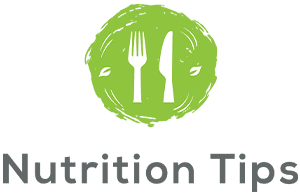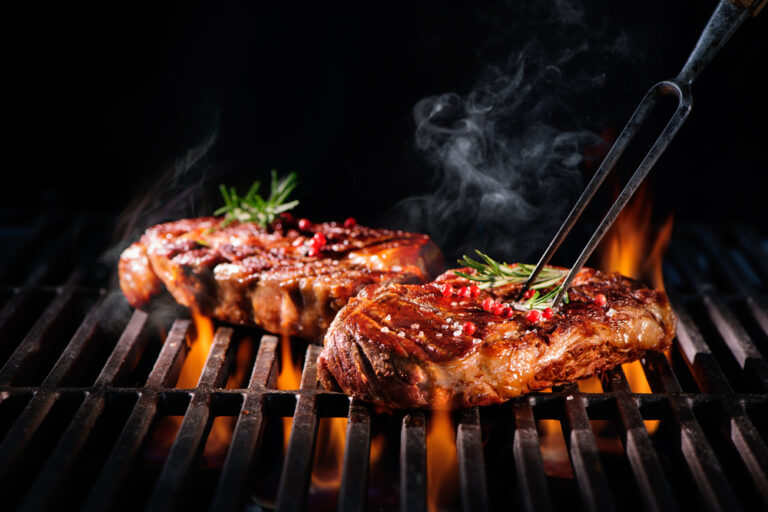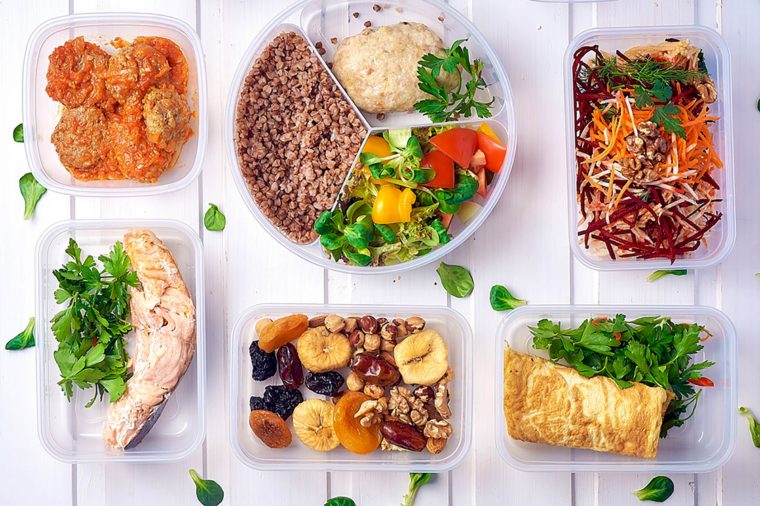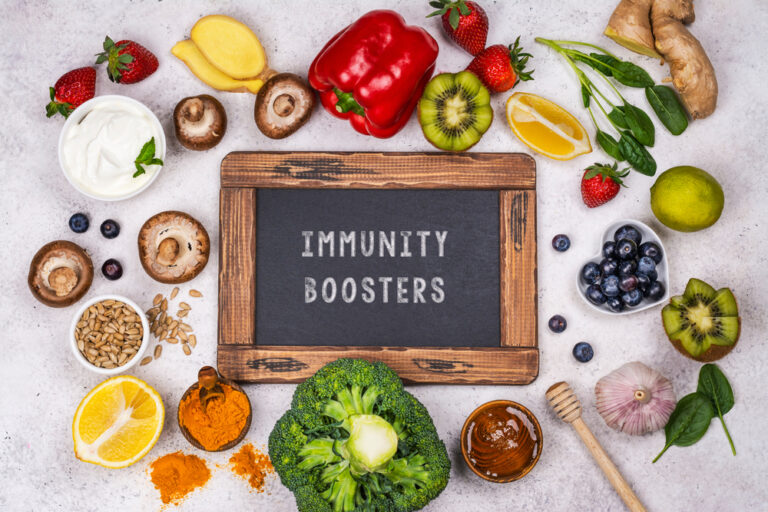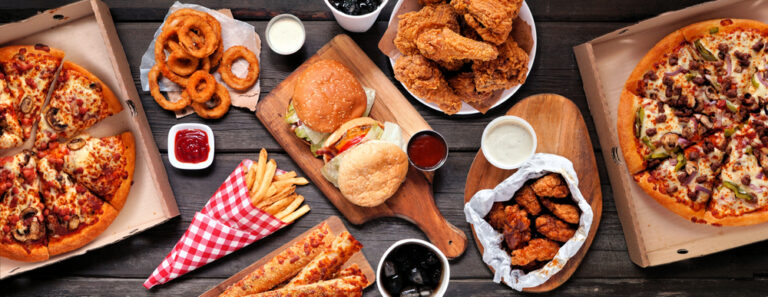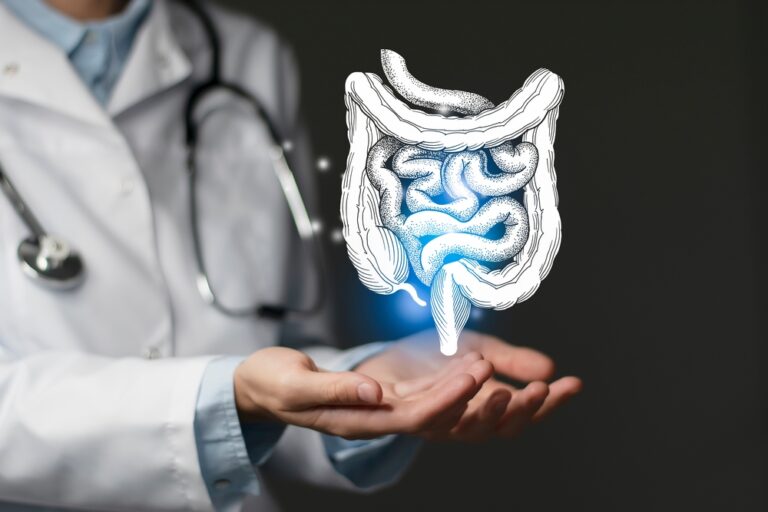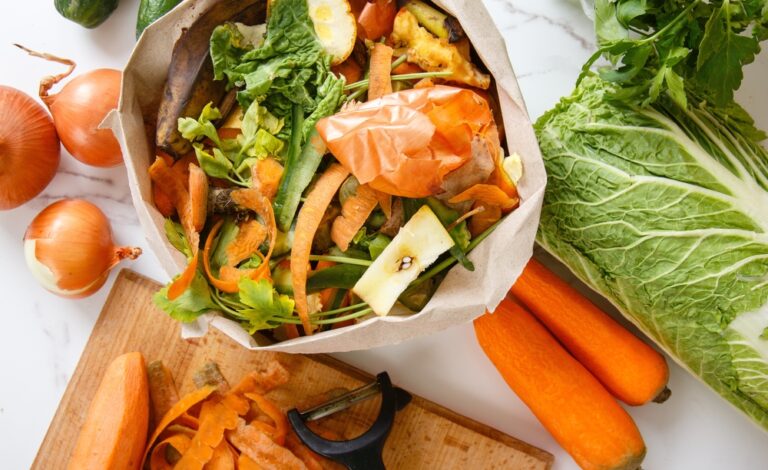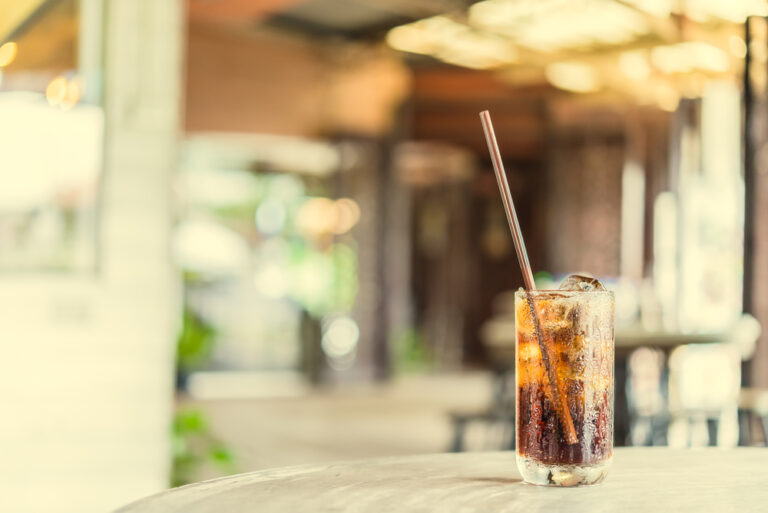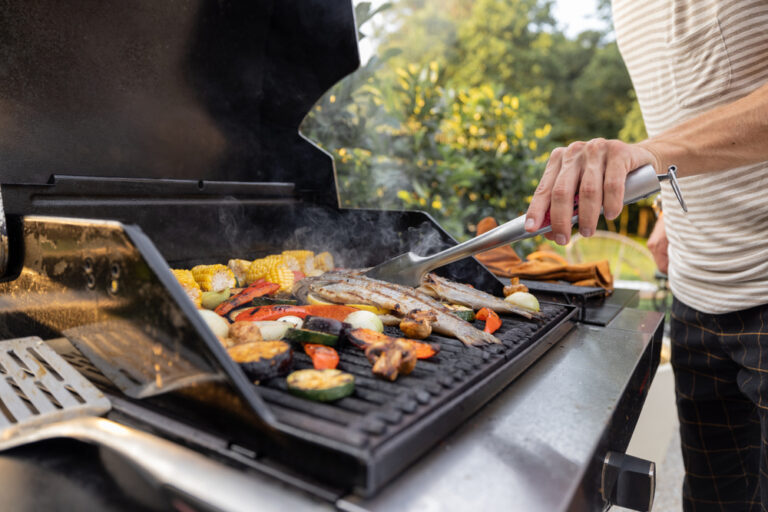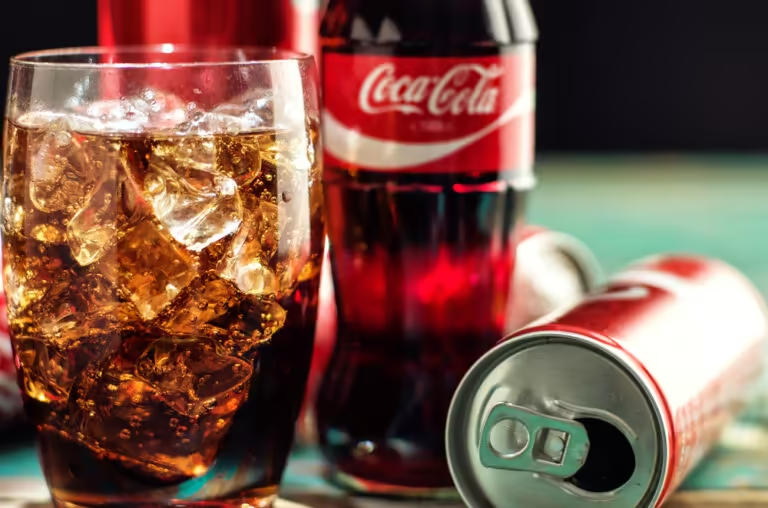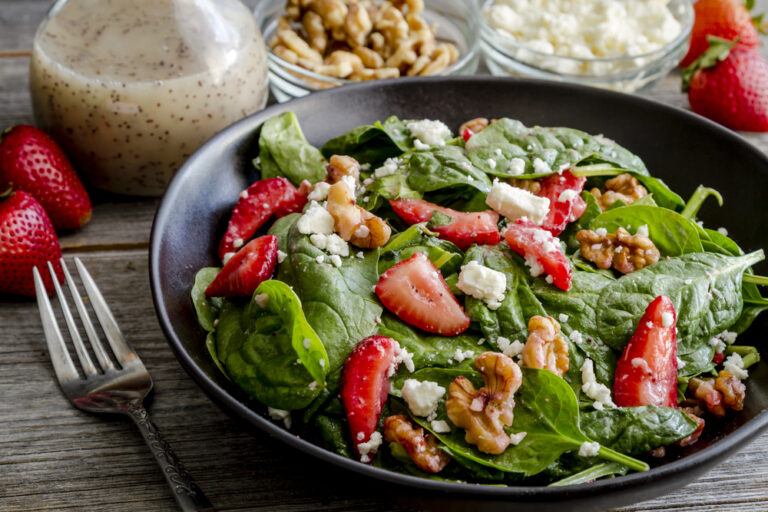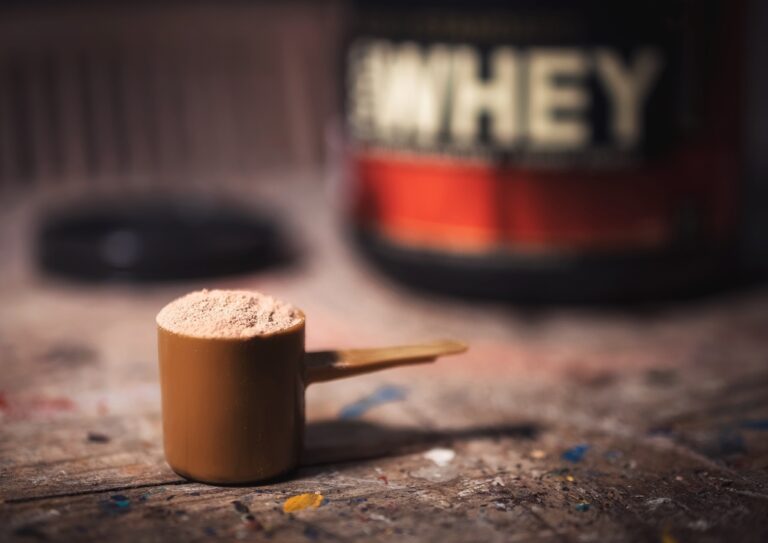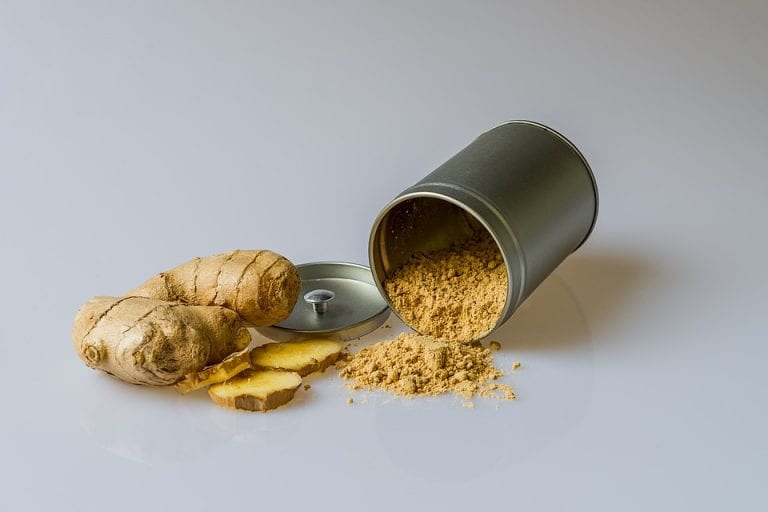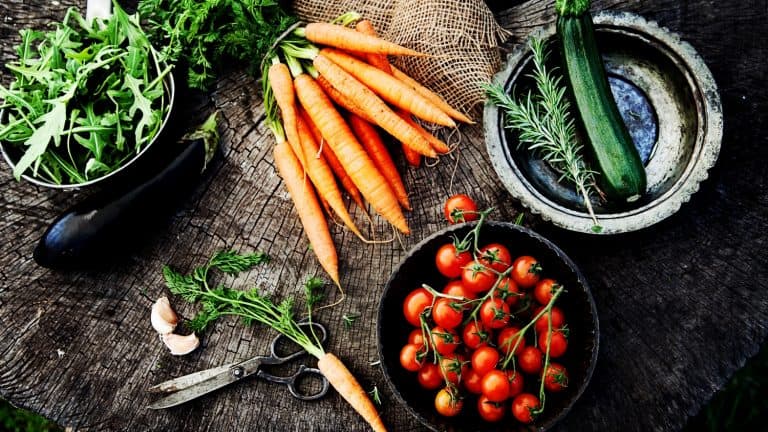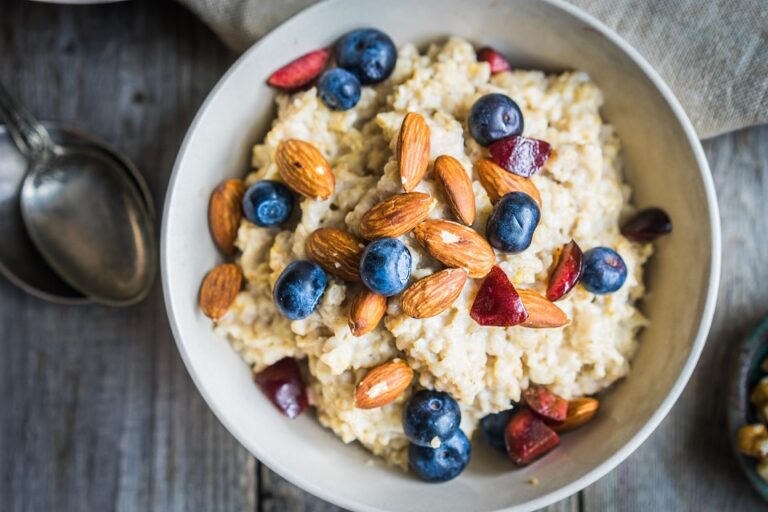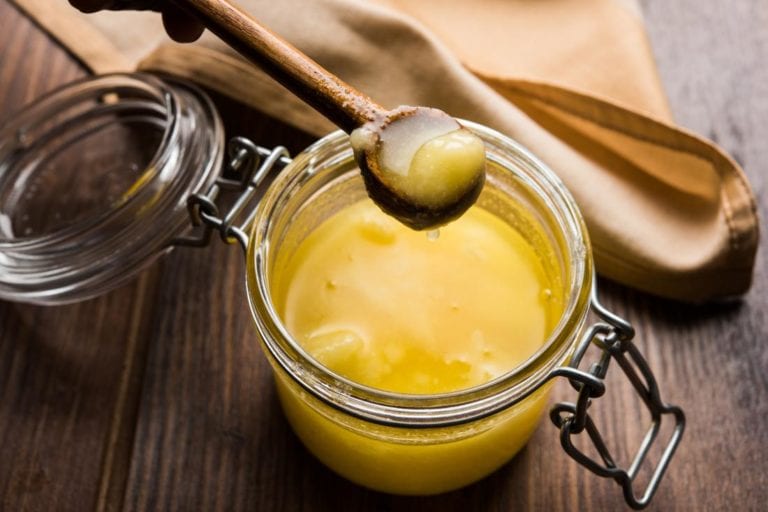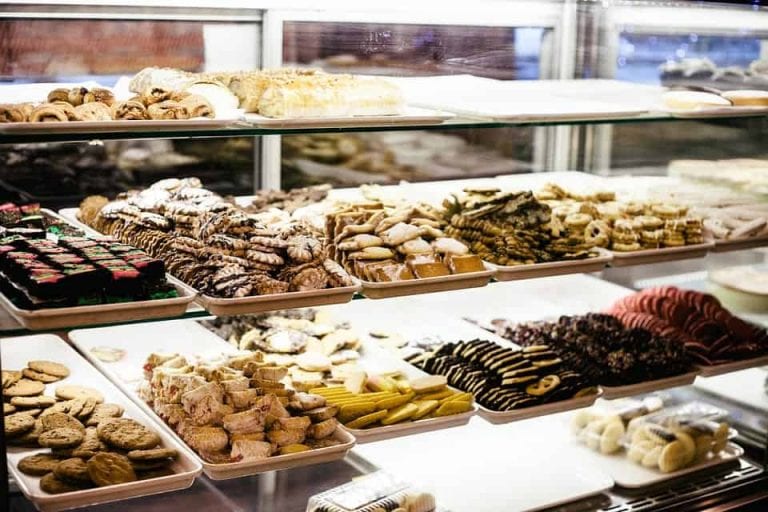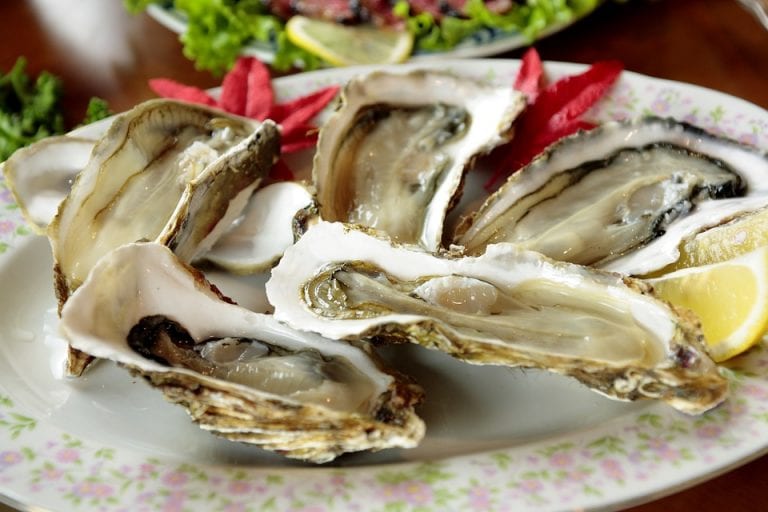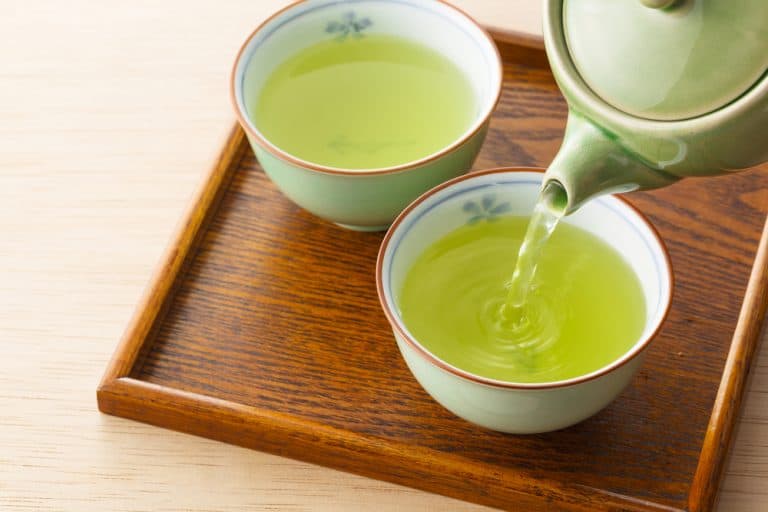
Belly looking like you swallowed a beach ball? Nobody likes that bloated, miserable feeling you get after eating certain foods. Sometimes this bloat is simply caused by temporary gas. But there are times it can be a sign of a much more dangerous problem. Since bloating usually occurs because of how your digestive system interacts with the food you eat, we have found 20 bloat-free foods which are negatively and positively linked. See if the foods you regularly eat or on this list.
- Eat More Bananas: The way that they are naturally produced gives you lots of healthy dietary fiber and potassium. Meaning they actually help relieve water retention and bloating because they contribute to a naturally healthy digestive system.
- NO Carbonated Drinks: You’re already aware that sodas like Pepsi are very carbonated. Though even sparkling water with its natural seltzer uses carbonation to make those tiny bubbles appear. The more carbonation, the more bloating and gas you must put up with.
- Eat More Leafy Greens: Kale, spinach, and romaine lettuce are three leafy greens that battle the bloat because they are chock full of fiber. They help clean out your system, and they are really low in calories. They also deliver a high level of nutrients, antioxidants, and minerals that your body needs.
- Skip Chewing Gum: Chewing gum leads to bloating through the constant smacking, chewing, saliva-producing characteristics of chewing gum, causing you to absorb a lot of excess air, which leads to bloating in your belly.
- Eat Lots Of Artichokes: Like other green veggies, they contain several essential minerals, nutrients, and enzymes. As a plant product, they also deliver high phytonutrients, which help regulate a healthy digestive system. They do not get stuck in your stomach, giving you a bloated appearance. This is because a single medium-sized artichoke offers a total of 7 grams of healthy dietary fiber. That is nearly 30% of your daily fiber requirement.
- Stay Away From Cruciferous Vegetables: These gassy foods include broccoli, Brussels sprouts, cauliflower, and cabbage. Even though they’re great for your body, overdoing them can lead to bloating. You need to be eating them since these foods have a place in a healthy diet. Just try spreading them out over your weekly meals.
- Cucumbers Are Our Friends: Cucumbers are super healthy with high levels of an antioxidant called quercetin. This efficiently fights inflammatory enzymes, reducing swelling and belly bloating.
- Don’t Overload on Carbs: When you eat many carbohydrates, your body retains water just like it does with overeating salt. This causes a bloated feeling and appearance, so make sure you count your carbs and eat accordingly.
- Eat More Asparagus: If you eat a lot of asparagus, you may know it makes you urinate frequently. This is a good thing! Peeing helps flush out excess water from your body naturally. Asparagus also contains healthy prebiotics. These are the “good bacteria” that live in your digestive system and helps prevent or reduce gas as well as bloating.
- No Fatty Fried Foods: Foods that are fried and fatty are often made with trans fat, enriched flour, salt, and other unhealthy components. Your body recognizes these as things that it would rather not process, so your digestion of fatty foods takes longer than it would healthy fruits and vegetables.
- Consume More Ginger: Ginger is naturally good for you in several ways. It acts as an anti-inflammatory and boosts a healthy digestive tract. It is outstanding for fighting inflammation in your digestive system and for relieving bloating.
- Cut Back On Alcohol: Many people think that the dehydrating properties of alcohol may cause you to lose excess water. But the opposite is the case. Alcohol is a diuretic. This signals your system to retain water, often delivering a swollen and puffy appearance.
- Try Some Peppermint and Chamomile Tea: Like many of the anti-bloating foods on this list, those two herbs relax your gastrointestinal muscles, pushing out gas that leads to bloating.
- Stop Using Straws: While not food or beverage, it can lead to bloating. Whenever you use a straw for drinking a beverage, you swallow air along with whatever liquid you are drinking. This air becomes trapped in your belly fast, creating that bloated, poochy look. FYI: It can also lead to embarrassing gas.
- Eat Avocados: The healthy fat in avocados is good for you. They also deliver a decent amount of dietary fiber and make you feel fuller longer. This leads to you eating less of those foods that cause bloating.
- Cut Down On Salt: We’re just going to tell you that water is attracted to salt like a groupie to a rock star. To keep your belly flat and heart healthy, cut back on salt and other sodium-rich foods.
- Brown Rice Is OK: Complex carbs like brown rice put your digestive system to work. They take longer to digest than plain carbs like white rice. This makes you feel full for a longer period. It also makes you eat less throughout the day, leading to a slim, trim belly.
- Drink Tea And Coffee Cautiously: These acidic drinks can wreak havoc on your digestive tract, and this can lead to swelling and bloating.
- Yogurt?: When you choose yogurt with a high level of “good bacteria,” you experience the same benefits delivered by the prebiotics in asparagus. Your digestive system works appropriately, processing food and waste materials at a naturally healthy level.
- Spicy Foods Are A NO-NO: Spicy foods like peppers are a healthy part of any intelligent diet. But they also irritate your gastrointestinal system, especially when eaten in excess. Spread your spices out over your weekly and monthly diet.
When To See Your doctor:
Bloat sneaks up on you in unexpected ways, depending on what you eat, certain habits, and even specific medical conditions. In most situations, rare gas and abdominal discomfort do not require medical attention. Over the counter products or a change in habits and eating behaviors can help fix the problem. Although, you should ask a doctor if there is an increase in regularity or severity of the symptoms, or if they are followed by weight loss, diarrhea, vomiting, or heartburn.

